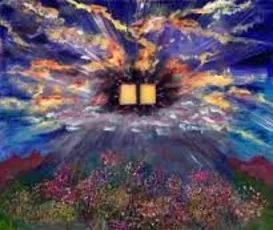The period of the Omer ought to be a joyous, festive time, [which indeed it originally was]… [The] tragedy that we commemorate [during the Omer] is that the great Rabbi Akiva’s student body of 24,000… all died… Why would G-d cause this to happen in this period?
…
The Gemara tells us… that [the students died] because [they] did not show proper kavod [honor] or respect to each other… Kavod comes from kaved, meaning heavy, weighty,… [To give someone kavod means], I look at another person, and I see their importance…
In order for the Jewish people to receive the Torah, one of the conditions is that… we had to be like one person, one heart. There had to be unity and… ahavat Yisrael.
When we mourn the death of the students of Rabbi Akiva, we must rectify their sin of not showing kavod for each other as one of the most important ways to prepare ourselves for Matan Torah.
…
Sometimes,… the more passionate and committed one gets, the more intolerant one becomes to others who are not living up to [one’s religious] standards… The challenge of counting the Omer is… to generate passion and enthusiasm for mitzvot and commitment to truth,… not diluting our moral standards and,… at the same time,… to be tolerant, accepting, and loving. Passion for the Torah and love for our fellow Jew should not be contradictory… They must be brought together.

